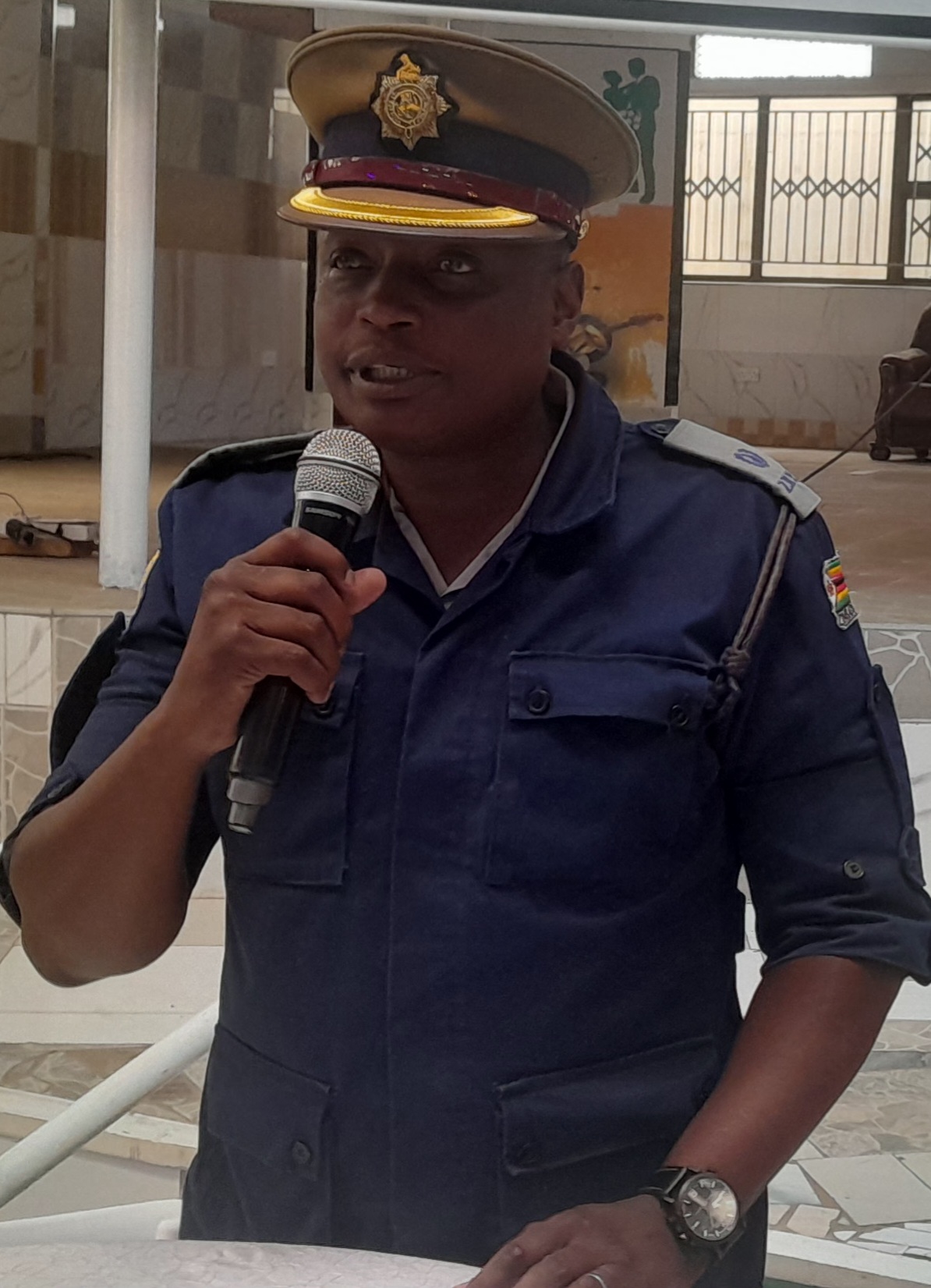By Flata Kavinga
Zimbabwe Republic Police (ZRP)- Kwekwe District Operations Superintendent Terrence Majongosi has urged the City of Kwekwe to address the growth of squatter settlements, warning that the trend is contributing to rising crime and drug and substance abuse in the city.
Speaking during the 2026–2030 City of Kwekwe Strategic Plan meeting on Tuesday, Supt Majongosi said the emergence of informal settlements around the city had created security gaps that require urgent attention.
“We have had an increase of squatters within the town of Kwekwe. We are appealing to the Kwekwe City Council to look into this issue in the reduction or eradication of squatters,” he said. “The squatter camps contribute to an increase in crime and drug and substance abuse.”
He said police were concerned that the rapid expansion of the city, coupled with unregulated settlement patterns, was putting pressure on law enforcement.
Beyond issues of settlement, Supt Majongosi also highlighted the need for improved traffic management, citing heavy vehicular and human traffic in the central business district (CBD).
“Despite the issue having been raised, as police we are imploring council to have major intersections installed with traffic lights,” he said.
He cited the King Solomon’s Hotel area as a hotspot for fatal road accidents and appealed for interventions to reduce crashes along the stretch.
In addition, the police recommended the establishment of designated vending points to curb uncontrolled street vending in the city.
“We are requesting council to establish specific sell-out points for vendors which you can construct so that we do not have vendors everywhere within the city,” he said.
Supt Majongosi also called for the resuscitation of the Amaveni Bus Terminus, saying its proper use could help decongest the CBD and improve public transport flow, particularly for travellers heading to Gokwe and surrounding areas.
He raised concern over haulage trucks parking in undesignated spaces during the night and urged council to build an official truck stop that could also generate municipal revenue.
Turning to infrastructure, he said the condition of the city’s road network and public lighting needed attention.
“We expect to have tarred roads. Potholes on most of our roads must be closed,” he said, adding that the rehabilitation of street lights—especially in the city centre and in Mbizo—would contribute to crime reduction.
The strategic planning meeting brought together government departments, civic organisations, and stakeholders to outline Kwekwe’s development priorities for the next five years.





